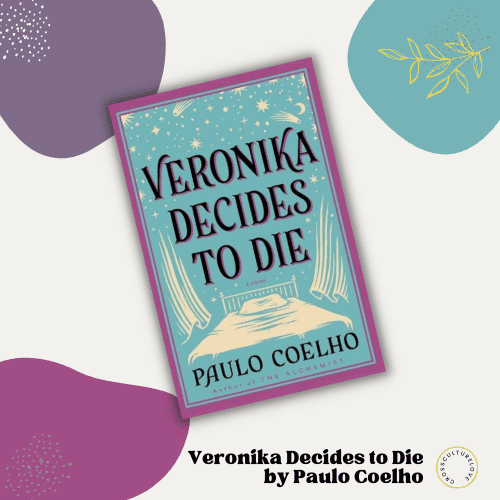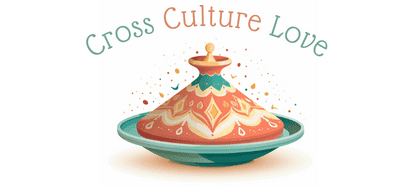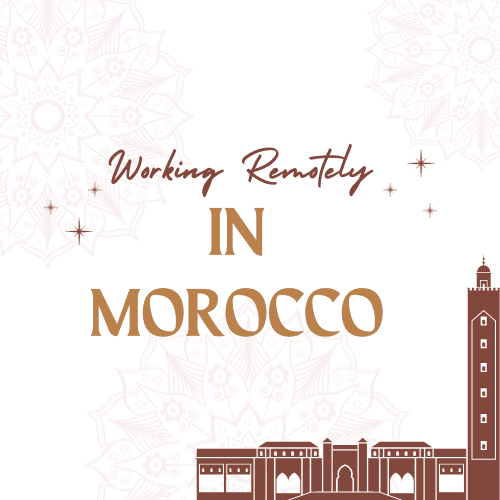
Veronika Decides to Die by Paulo Coelho – A critical review
I have never felt so gaslit by a book in my entire life than I did by The Alchemist by Paulo Coelho (yes, I know this is a review about Veronika Decides to Die; just hear me out). If you were to survey a random cross-section of every 25-40 year old and ask them their favorite book, I’d wager that 68% of them would say The Alchemist is their all-time favorite.
And I do. Not. Get it.
Why is this book so famous?! Why do so many people love it so much!? It’s a middling, plodding story of an unlikable protagonist going on a pointless journey. I even read it twice because it is so beloved that I assumed the problem must be me, not the book. But the second reading of Paulo Coelho’s The Alchemist years after the first reading confirmed my initial impression: I do not like this book.
But I further let myself be gaslit by the siren song of the inexplicably famous Brazilian author. When Veronika Decides to Die came up as a possible book for my Around the World in Books series (confusingly, despite Paulo Coelho being Brazilian, this book is set in Slovenia). I decided to give this author another go. Maybe he is a genius, and everyone is right, and I am wrong, and my dislike for The Alchemist was a fluke, and I would finally be privy to the unparalleled genius of Paulo Coelho.
Well…
No.
A short summary of Veronika Decides to Die
Veronika is a seemingly typical, pretty, average 24-year-old who cannot shake the feeling that existence is tedious and long, so she decides at the beginning to end her life before things get worse. Her attempt is unsuccessful, but she had done irreparable damage to her heart in the process, and she wakes up from a coma in a mental institution, where she is given the sad news that she only has days to live. The rest of the book is about her coming to terms with her final days, finding a desire to live as long and as much as she can, and making peace with death.
Kinda.
What I liked about Veronika Decides to Die
I think almost every book has some redeeming qualities, and while I can confidently say I did not like this book, parts of it were pretty interesting.
The conversations around “normalcy” and insanity were decently interesting. I think the author does a fine job linking the concept of a shared sense of normality to its own madness. We all go through our days doing things that, objectively, don’t make sense in the name of “fitting in,” and this does, indeed, have its semblance of madness.
The author talks about how, without the pretense and pressures of polite society, mental hospital inpatients felt a certain level of inhibition and freedom that they never experienced in the outside world. I can see that and understand it. Suppose everybody already assumes you’re “crazy”. In that case, you are free to be uninhibited and authentically yourself in ways you cannot do on the outside when you’re accountable to social standards, protecting your reputation, and the other trappings of a functioning society.
Buuuuut… that’s about it.
What I didn’t like about Veronika Decides to Die
The characters
Veronika is flat. One dimensional. She’s a pretty, vaguely sad girl that gets the sympathies of the masses. She’s written with the aggressive lack of nuance I’d expect from an older man who has never been a young woman. Interestingly enough, The others around her have a more robust sense of identity but aren’t necessarily much likable or relatable.
In fact, a lot of Veronika Decides to Die is about the other mental health hospital patients, but they’re so flat that I can barely remember them, and I just finished the book.
The reductionist language around mental health
Veronika Decides to Die is supposedly based on the author’s experience in and around the mental health system and his hospitalizations. While I would never discredit somebody else’s experiences, it does not mirror my own whatsoever, having worked in mental health for over a decade. Paulo Coelho’s approach to suicide, depression, mental health, and anxiety is so wild to me and felt nonsensical. Maybe that was the point, and this mental hospital was intended to be a carnival funhouse mirror look at psychiatry, but that’s a very generous interpretation.
I get that the book was written in 1998, but I feel like even then, there were plenty of resources to read up on the mental illnesses being discussed. For example, there’s a schizophrenic character who develops almost immediate onset schizophrenia, and then he’s miraculously cured of it at an opportune time. That’s not how any of this works.
The weird sexual parts
Yeah, there’s some weird sexual parts.
Authors should never, ever, ever put themselves in their books
There’s this super weird part of Veronika Decides to Die where the main character meets the author of this entirely fictional book, and it is so cringe that I literally cannot. I don’t know why this was considered a good idea. It’s odd and feels pretty egotistical for the author to insert themselves so randomly in their own book and for what feels like no reason at all.
Veronika Decides to Die is not based on a true story, so I have no idea why Paulo Coelho is in this book.
Conclusion
Apparently, this book was made into a movie with Sarah Michelle Gellar? You can see the Veronika Decides to Die trailer here.
Maybe it’s a translation issue. Perhaps I’m not the intended audience for Paulo Coelho’s genius. I don’t know, but I’m pretty sure this is my last Coelho novel for a while.
What are your thoughts on Paulo Coelho’s Veronika Decides to Die? Did I totally miss the mark? Let me know!
If you’d like to buy the book, check it out here or see it on Goodreads.
This was the Slovenian book for my Around the World in Books series! Check out the others on my cool map!
Note: this review contains Amazon Affiliate links.






One Comment
Annette C
Hello Kate,
I recently came across your blog because of my interest in travel and books and Morocco. I look forward to reading your travel book recommendations and going on a deep dive into your blog posts. I love your writing style and enjoy reading your posts.
Like you, I also do not understand the love for The Alchemist. I remember the book being cited by so many people as their favorite. I was so disappointed when I read it many years ago. When I got to the end, I was wondering if I missed something? It was no Siddhartha. I am not surprised that this Veronika book is no better.
Anyway, I recently visited Morocco with my family and we have very wonderful memories. I understand that we were in a bubble, being in a private tour and being driven around the place. We avoided the touts and many unpleasant encounters some tourists have experienced. Having said that, I met many wonderful people who were sincerely hospitable and helpful despite working for very low wages. I love the food but you are right, they tasted the same after awhile because of the spices. Another thing I loved is the hammam experience and I still have to find an authentic one here in the U.S. Finally, I loved the architecture and the art: the tilework, wood carvings, the geometric patterns and colors.
We travel a lot and there are places that are OK to visit once. Morocco is a place I don’t mind visiting again some time in the future. It is very beautiful and rich with many natural resources. I will never forget that beautiful drive in the Atlas mountains and the coast. It is a pity that due to a confluence of many factors (cultural and structural), its people are not enjoying the country’s potential.